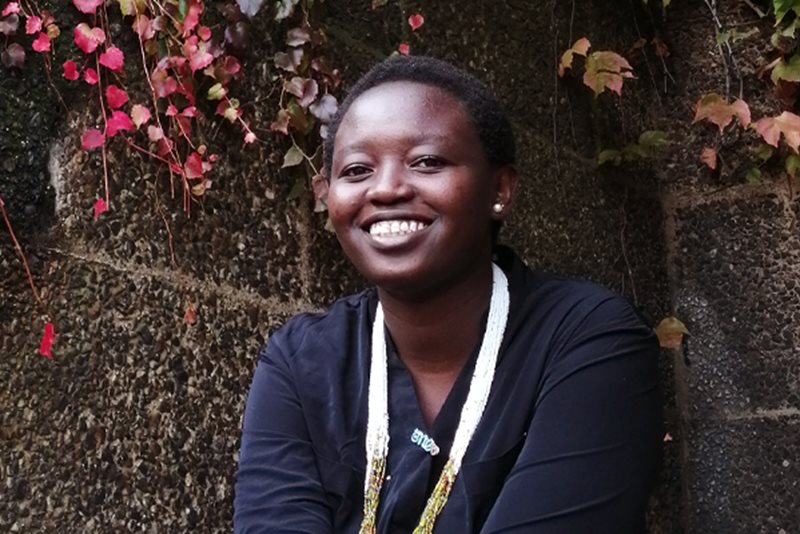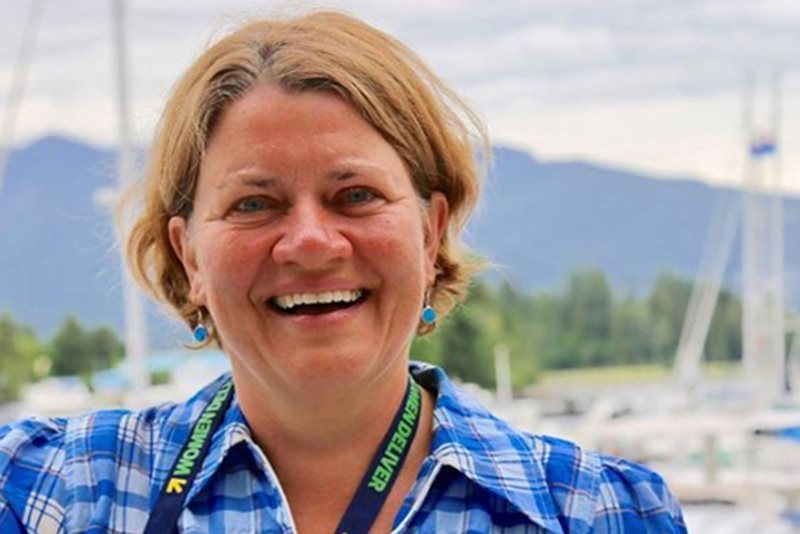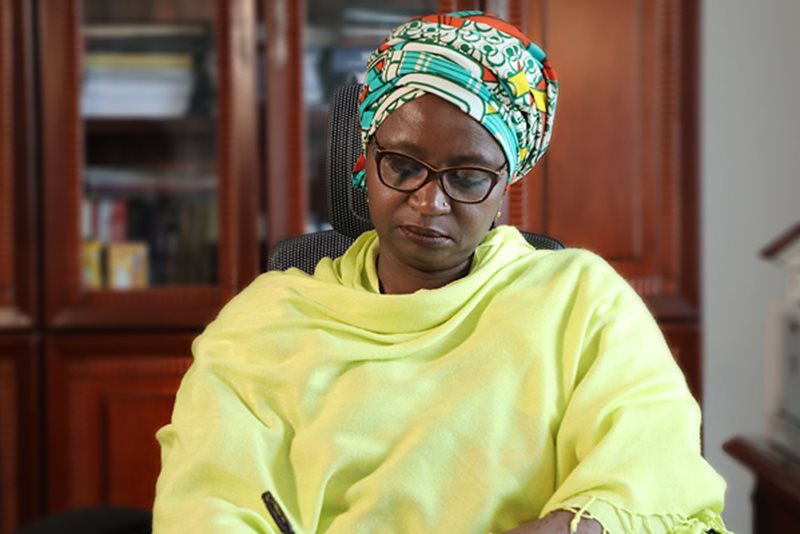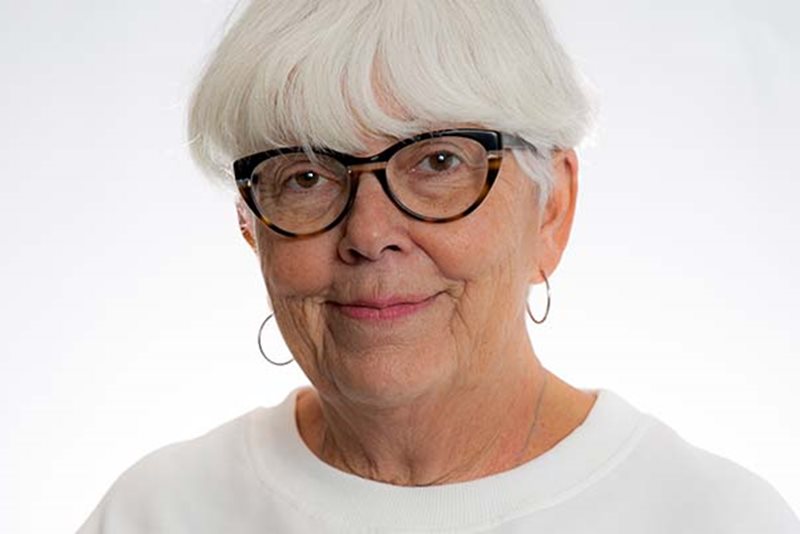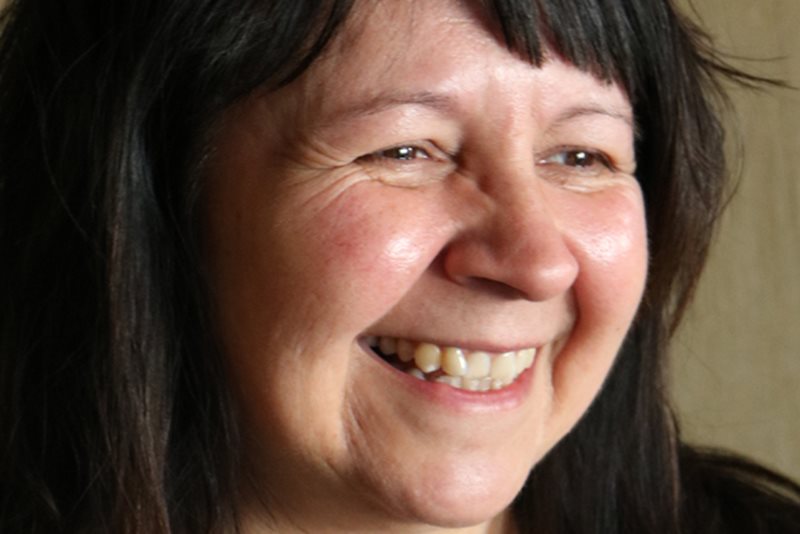

Shelley, an Indigenous Canadian woman who grew up in northern Alberta is a member of the Bigstone Cree Nation. One evening during a family dinner, her mother insisted she finish the turnips left on her plate. Shelley was reluctant, not an uncommon reaction for a child asked to clear her plate. Her father spoke up to say if Shelley didn’t want to, she didn’t have to eat the turnips. This sparked a series of family conversations about the experiences of abuse that her father had at residential school. Shelley learned that during her father’s time there, turnips were one of the foods he had been forced to eat. As stories of deep harm unfolded. Shelley became curious about the abuse he suffered and knew she wanted her life work to contribute in addressing the harm.
In Canada, residential schools operated from 1883 - 1996, where more than 150,000 indigenous children were sent after being taken from their families and communities. Many suffered horrific abuse, and an estimated 6,000 residential school students died. It was a profoundly traumatic period in Canadian history, the repercussions of which are still evident in Indigenous communities today.
The formation of the Truth and Reconciliation Commission of Canada was a start by the Government of Canada in the long process of repairing the cultural harm inflicted; however, First Nations communities in Canada still face significant barriers and harms. The harms that have been caused are inter-generational and continue to impact families like Shelley’s. Suicide, addiction, health problems, and violence continue to be issues disproportionately impacting Indigenous communities in Canada.
– Shelley Cardinal, CanadaThere is always hope
But from the darkness of such deeply felt pain, there is always hope. As stories of trauma emerged from others within her community, Shelley became inspired to act as an agent of change for Indigenous peoples in Canada. She pursued academics, graduating with a B.A. in Psychology before going on to obtain her Master of Arts in Leadership. Her passion for supporting Indigenous peoples in Canada led Shelley to join the Canadian Red Cross in 1996 and develop violence prevention programming for Indigenous communities.
Today, Shelley Cardinal is the National Senior Manager of Indigenous Community Engagement and Research. Having worked closely with Indigenous peoples for over 30 years, Shelley continues to be a driving force for creating safe environments. She has a deep understanding of the many issues facing Indigenous peoples, supporting them to move toward prevention and protection strategies that can decrease the impact of harm and violence caused by colonization. In this way, communities build capacity and begin moving along their pathways of healing.
– Shelley Cardinal, CanadaThe ultimate goal is to empower members and begin the healing process
In partnership with Dr. Debra Pepler, Shelley is currently conducting research to answer the question: What can the Canadian Red Cross do to enhance engagement with Indigenous peoples in Canada? In working closely with communities, the research is showing that culturally based solutions enable communities to re-build safe environments. The ultimate goal is to reduce harm and empower members to mobilize and begin the healing process by reintegrating their cultural foundations.
It is thanks to the work of women in leadership roles, such as Shelley Cardinal, that progress will be made by Indigenous communities to heal from 500 years of harm from colonization.

When women are included, peace negotiations are 35% more likely to succeed.



